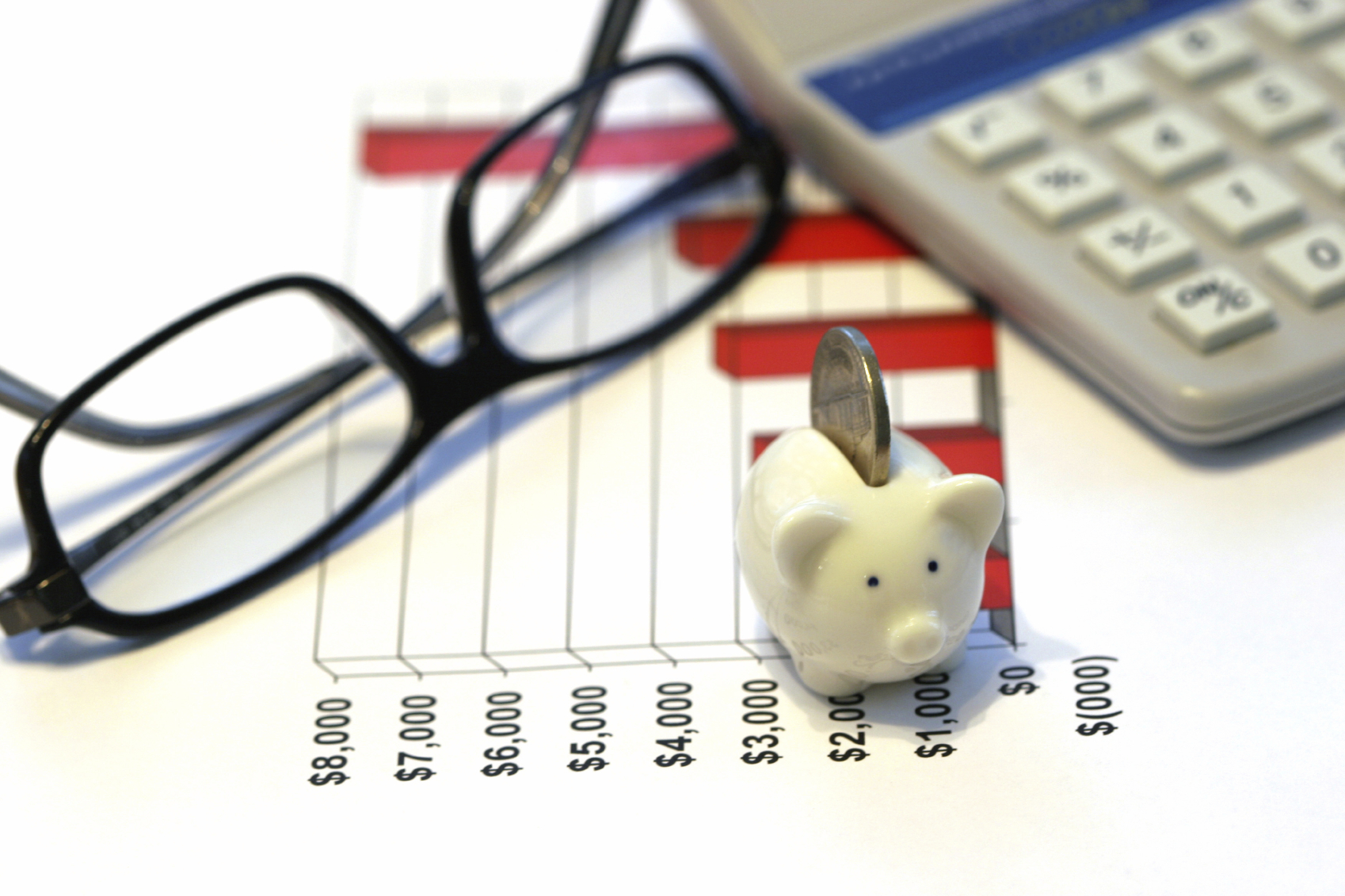 |
| Image source: techworld.com |
We thought these were the good times for Mexico, but its economic growth has fallen short of expectations, with estimated 2013 growth at 1.3 percent. Why has Mexico performed so poorly? A number of recent studies point to the presence of a poor justice system as a major contributing factor. Weak rule of law in Mexico has inhibited investors, who struggle to understand bankruptcy proceedings and lack confidence in the court’s ability to impose punishments on delinquent borrowers.
In order to pave the way for economic growth, Mexico must address four issues.First, its business community and entrepreneurs must be shielded against crime. A 2013 study by Tishay and Pearlman found that, due to high crime rates, Mexican entrepreneurs are less likely to plan expansionary business ventures, and firms pay quite high monetary costs in order to avoid crime. A 2010 study by the International Finance Corporation revealed that 42.8 percent of Mexico’s firms paid for private security, spending about 2.2 percent of their annual sales on these services. Extortion, which some studies show affects between 19 percent and 38 percent of Mexico’s middle class creates multi-million dollar losses which must be contained and treated as a national security problem. Furthermore, police must focus their efforts on reducing the theft of merchandise that occurs during transportation.
Second, Mexico must make sure that its justice system creates stability among economic actors. Confidence in the certainty of contract enforcement is a fundamental element in the healthy growth of the market system. According to a 2010 OECD study, “it takes 421 days and costs 20 percent of the contract value to enforce a contract in Mexico whereas it takes only 75 days and 5 percent of the contract value in Korea.”
 |
| Image source: walasses.org |
To create a system where justice is predictable, Mexico must create a professional career service for prosecutors, public lawyers and local judges. As of now, prosecutors are appointed and removed at the discretion of the judge, they are underpaid and standardized procedures to evaluate them do not exist.
Third, Mexico needs to develop a legal system that encourages entrepreneurship and competition. The process of liberalizing Mexico’s economy resulted in extreme concentration of wealth and economic control. The design, approval, and implementation of antitrust law will be crucial for allowing smaller firms to thrive.
Finally, Mexico must enforce rules against economically damaging activities such as corruption, predatory behavior, and informality. According to The Economist, in 2010 Mexicans paid 32 billion pesos ($2.5 billion) in bribes. Corruption affects the economy by changing the country’s composition of capital inflows in a way that makes it more susceptible to a currency crisis triggered by a reversal of international capital flows (Wei and Wu 2002). Informality is also a major challenge for the economy. It is estimated that Mexico’s productivity would rise between 30 percent and 50 percent as a result of moving informal workers to the formal sector.
 |
| Image source: conservationmagazine.org |
In Mexico, effective enforcement of laws targeting corruption, predatory behavior, and informality requires that innocent people are kept out of prison, and that the guilty pay a just penalty for their crimes. Only 57 percent of all inmates in Mexico have been sentenced, the rest (about 99 thousand) are still awaiting trial. As a result, Mexico spent $460 million dollars on keeping potentially innocent citizens imprisoned, in 2012 alone. Such resources could pay for the college education of around 184 thousand Mexican citizens.
These challenges are profound and diverse, but each presents an opportunity to apply the rule of law in such a way that encourages economic growth. Mexico’s moment will only become sustainable if both society and the economy become far more predictable and certain.
The presidency of Enrique Peña Nieto aims to make social reforms to stamp out crime at the grassroots level. Get updates on the president and his activities from the Mexican presidency's official website.